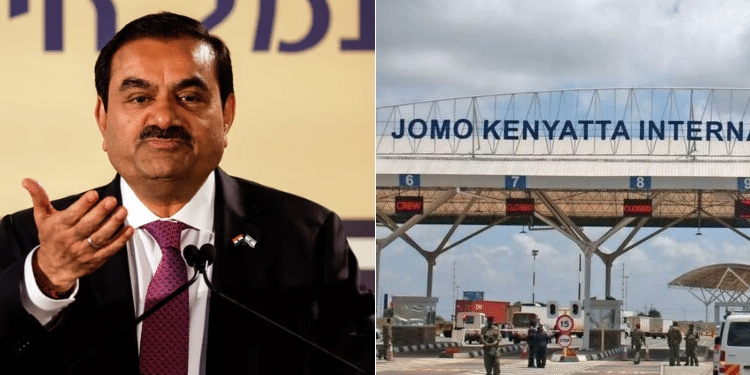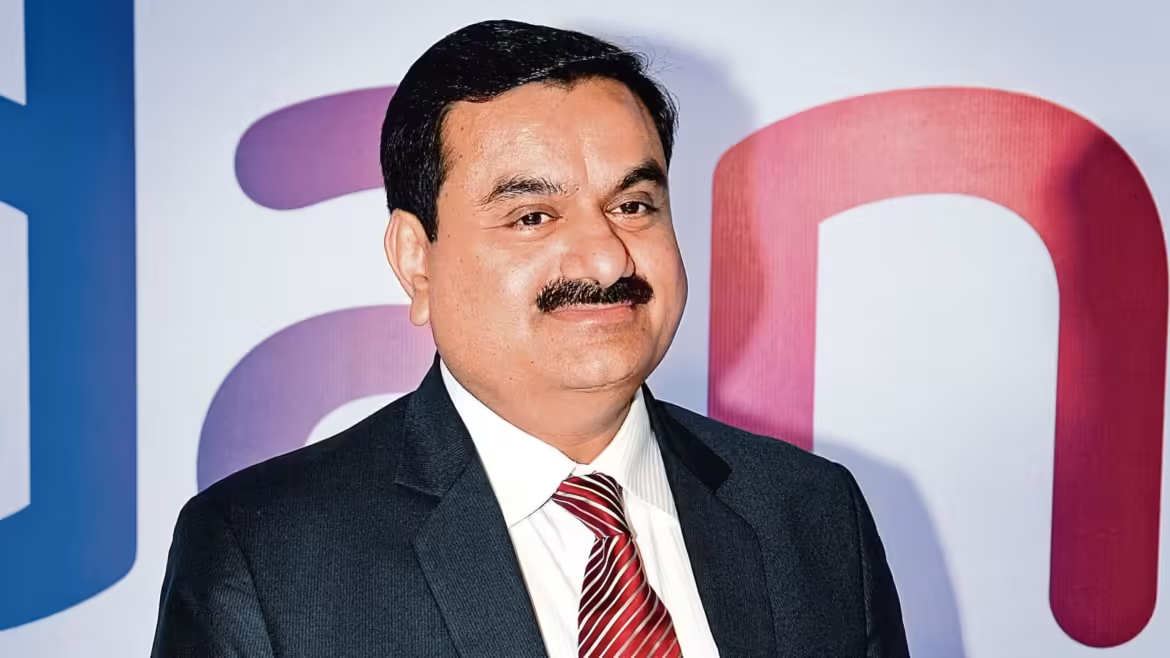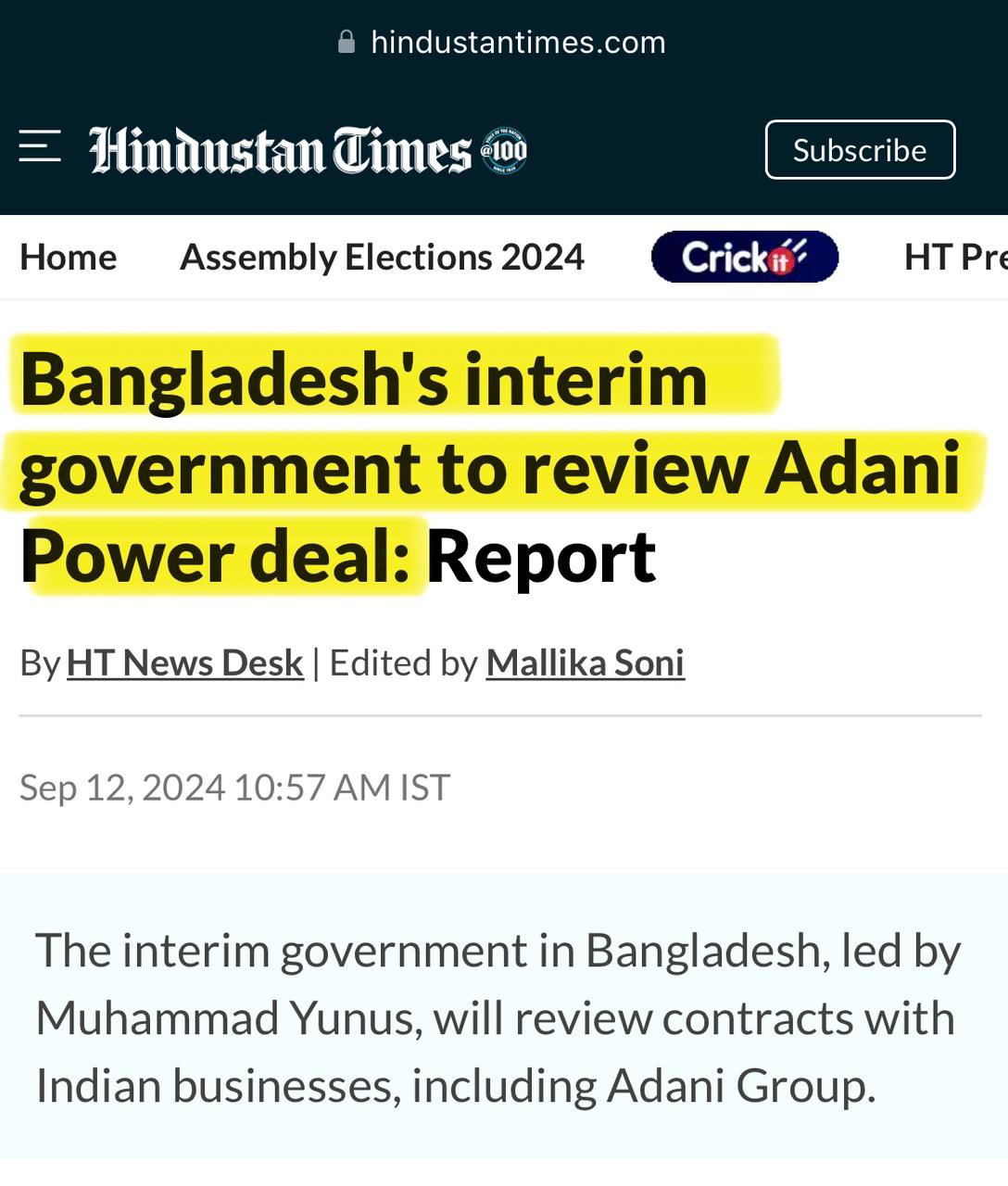Adani Group, the Indian conglomerate with plans to invest in Kenya’s energy, airport, and healthcare sectors, is facing multiple legal battles across the globe.
Despite these warning signs, the Kenyan government seems unconcerned, leading to growing fears about the potential risks associated with Adani’s involvement in the country.
Raju Parulekar, an Indian-based digital activist known for his outspoken posts on Adani’s questionable dealings, has been particularly vocal on the matter.

Adani Group boss (L), JKIA (R) Photo: Citizen Digital Source: Facebook
In a post shared today, 23rd September, on X (formerly Twitter), he wrote, “Except for the Supreme Court of India, its Lokpal, and SEBI, everyone has serious problems with Adani Group’s projects.”
His comments underline the widespread opposition to the conglomerate’s ventures worldwide.
Adani’s projects have faced significant backlash in various countries.
For example, Bangladesh is reviewing its power purchase agreement with the group, and Sri Lanka’s President-elect had promised during his campaign to cancel an Adani energy project.
)
Gautam Adani during a past business meeting. Photo credit: Getty Images
Moreover, in Kenya, the High Court has recently halted Adani’s proposed takeover of Jomo Kenyatta International Airport (JKIA), raising alarm over the company’s expanding influence.
At the same time, environmental and financial concerns continue to haunt Adani’s operations.
In Australia, the company has been met with protests over its coal mining activities, which threaten the Great Barrier Reef.
In India, Adani’s projects have displaced indigenous communities and damaged fragile ecosystems.
Furthermore, the Swiss Federal Criminal Court recently froze $311 million in Adani-linked accounts, further intensifying doubts over the group’s financial dealings.

Indian billionaire Gautam Adani speaks during a past event. Photo: Reuters
Nevertheless, the Kenyan government appears disconnected from growing public concern.
Many Kenyans view Adani’s entry into the country as a form of neo-colonialism, or worse, a scam.
The prospect of foreign control over critical infrastructure, such as JKIA, has sparked fears about a potential loss of national sovereignty.
Parulekar’s statement encapsulates the growing apprehension: “MODANI has blood on their hands.”
As legal troubles mount for Adani globally, there are increasing calls for the Kenyan government to reassess its partnership with the group before it’s too late.





